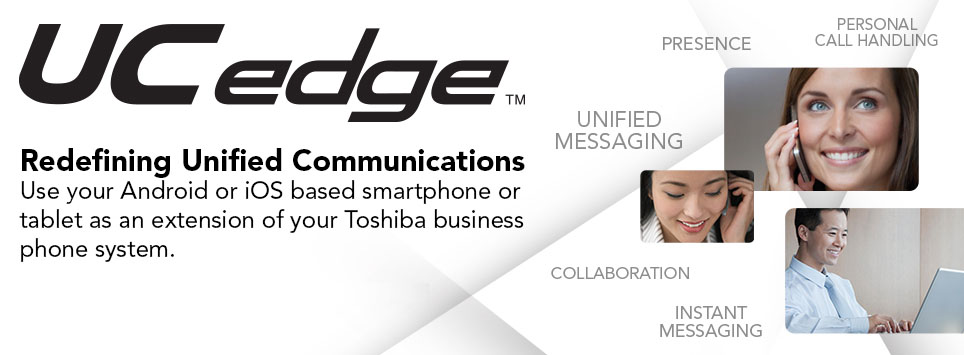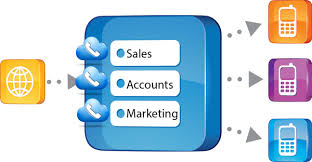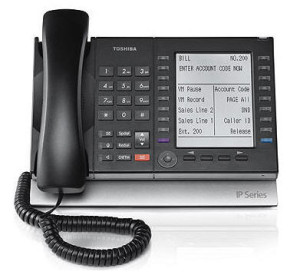Can VoIP Work for Your Company?
VoIP phone systems are going main stream among businesses of all types and sizes, and are on track to replace the traditional PBX. The reasons are clear: in addition to cost savings, VoIP phone systems offer powerful capabilities that improve productivity, efficiency and management to help businesses become more responsive and competitive.
VoIP systems send voice calls over data networks using the Internet Protocol (IP) – the same technology that moves text and images around the Internet. These phone systems convert voice conversations into data, which is compressed and organized into packets, then prioritized for routing over the network. The packets are sent over data networks until they reach their destination, where they are arranged into their original sequence, decompressed and turned back into voice for the recipient.
Why Change?
As many businesses have discovered, VoIP solutions not only slash local and long distance bills, they also provide far greater functionality. All communications – voice messages, faxes and e-mails – may be stored in a universal mailbox that can be accessed anytime from a phone or PC. Remote telephone access can be used to play back voice messages and reroute fax and email messages to any person anywhere. Users can even have email messages read to them using text-to-speech technology.
If you manage a PBX phone system, you may have grown weary of the expense and hassle of relying on a vendor to take care of common moves, adds, and changes. VoIP phone systems make it easy and economical to move people around. It’s often as easy as plugging the phone into a wall jack at another location. The move is recognized by the VoIP system automatically.
Many businesses find it difficult to access the information their phone systems generate. With a click of the mouse, you can access the VoIP system’s browser-based management reports. Call detail records are saved in a single database, enabling information at any location to be easily and conveniently gathered. In addition to being able to track calls and improve customer service, this kind of reporting can help you quantify the cost savings of the VoIP phone system.
Your business is a good candidate for a VoIP solution if it currently has separate voice and data networks, as well as separate personnel and budgets for maintaining these services.
If your business seeks simplicity and ease of use to increase productivity and contain costs, or if it incurs extra expense when integrating new office employees, remote staff, or teleworkers into the current phone system, a VoIP solution makes all this fairly easy to handle through a web browser.
If your business wants to become more competitive by better managing calls and capturing every opportunity when the phones ring, a VoIP solution offers essential features such as voice mail, auto attendant and automatic call distribution with intelligent routing. With easy access to management information, you can measure personnel performance, customer satisfaction, spending, and return on investment.
Getting it Right
It is important to make the right decision when evaluating VoIP solutions. You’ve been using tried-and-true features with your current telephone system, so ensure that the new system will continue to support what you need. Make sure the VoIP solution you select can do it all now, or can be upgraded in the future when you grow and need important new capabilities.
Determine how the new system would transform work in your company. Is there support for real-time collaboration, presence, plug-and-work for remote employees, and multimedia communications? How can these capabilities improve how your business operates?
Also look for location transparency, integration with mobile devices, and visual access to call handling features.
After you have researched and narrowed down the number of vendors, schedule a demonstration and meet the people you will be partnering with for the life of your new system. If the performance of the VoIP solution meets your expectations and the price is right, you’re now ready to negotiate a timetable for the VoIP deployment – Cloud, Premises, or Hybrid – that best supports your organization’s requirements.
Let PhoneAmerica step you through the VoIP deployment options, recommend the best approach for your business model, map projected savings, and manage the roll out for you. Contact us today at (610) 296-2850.



